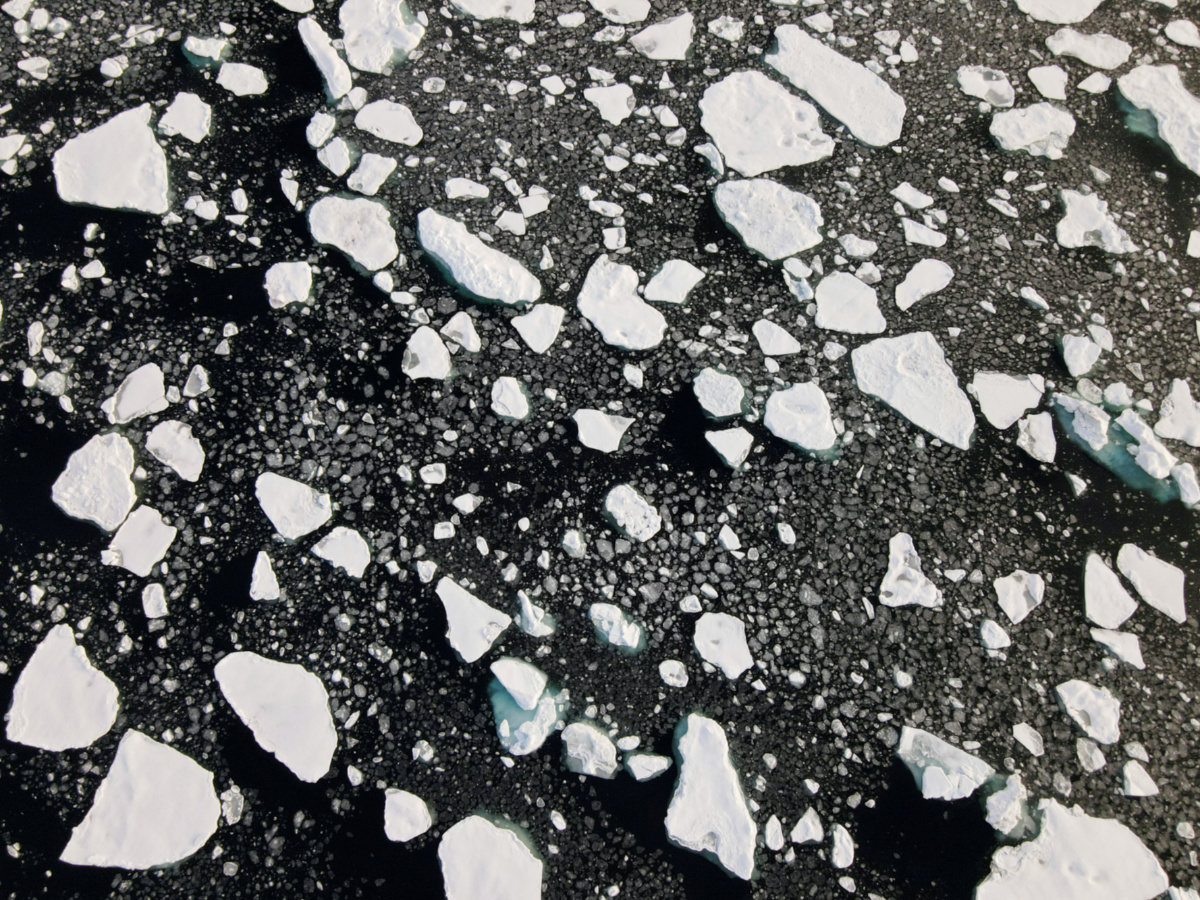The world’s oceans grew to their warmest and most acidic levels on record last year, the World Meteorological Organization said on Wednesday, as United Nations officials warned that war in Ukraine threatened global climate commitments.
Oceans saw the most striking extremes as the WMO detailed a range of turmoil wrought by climate change in its annual State of the Global Climate report. It said melting ice sheets had helped push sea levels to new heights in 2021.

A bleaching coral is seen in the place where abandoned fishing nets covered it in a reef at the protected area of Ko Losin, Thailand, on 20th June, 2021. PICTURE: Reuters/Jorge Silva/File photo.
“Our climate is changing before our eyes. The heat trapped by human-induced greenhouse gases will warm the planet for many generations to come,” said WMO Secretary-General Petteri Taalas in a statement.
The report follows the latest UN climate assessment, which warned that humanity must drastically cut its greenhouse gas emissions or face increasingly catastrophic changes to the world’s climate.
Taalas told reporters there was scant airtime for climate challenges as other crises, such as the COVID-19 pandemic and war in Ukraine, grabbed headlines.
Selwin Hart, UN Secretary-General Antonio Guterres’s special adviser on climate action, criticised countries reneging on climate commitments due to the conflict, which has pushed up energy prices and prompted European nations to seek to replace Russia as an energy supplier.
Dangerous increase
“We are…seeing many choices being made by many major economies which, quite frankly, have the potential to lock in a high-carbon, high-polluting future and will place our climate goals at risk,” Hart told reporters.
On Tuesday, global equity index giant MSCI warned that the world faces a dangerous increase in greenhouse gases if Russian gas is replaced with coal.
The WMO report said levels of climate-warming carbon dioxide and methane in the atmosphere in 2021 surpassed previous records.
Globally, the average temperature last year was 1.11 degrees Celsius above the preindustrial average – as the world edges closer to the 1.5 degree threshold beyond which the effects of warming are expected to become drastic.
“It is just a matter of time before we see another warmest year on record,” Taalas said.

An aerial view of floating ice taken by a drone launched from Greenpeace’s Arctic Sunrise ship in the Arctic Ocean, on 15th September, 2020. PICTURE: Reuters/Natalie Thomas/File photo.
Oceans bear much of the brunt of the warming and emissions. The bodies of water absorb around 90 per cent of the Earth’s accumulated heat and 23 per cent of the carbon dioxide emissions from human activity.
The ocean has warmed markedly faster in the last 20 years, hitting a new high in 2021, and is expected to become even warmer, the report said. That change would likely take centuries or millennia to reverse, it noted.
The ocean is also now its most acidic in at least 26,000 years as it absorbs and reacts with more carbon dioxide in the atmosphere.
Sea level has risen 4.5 centimetres in the last decade, with the annual increase from 2013 to 2021 more than double what it was from 1993 to 2002.
The WMO also listed individual extreme heatwaves, wildfires, floods and other climate-linked disasters around the world, noting reports of more than $US100 billion in damages.





